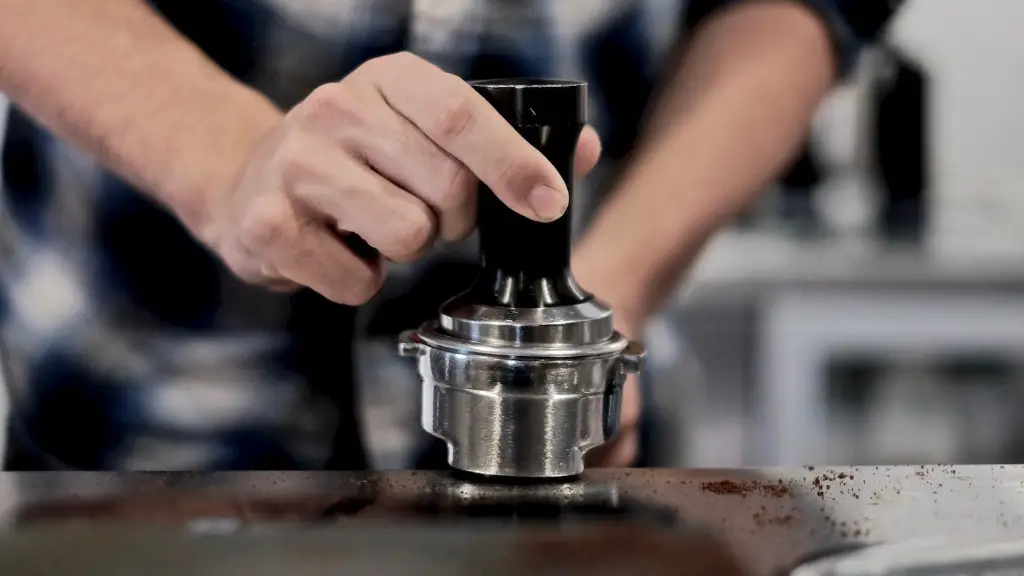It’s no secret that coffee and cigarettes go together like peanut butter and jelly. But why do smokers love their coffee so much? After asking around, we can conclude that there are several compelling factors behind this popular pairing.
Most smokers need coffee as part of their everyday regimen. This is especially true in the morning when they first wake up. Many smokers feel sluggish and foggy until they have that first cup of coffee, which helps them feel energized and ready to start the day.
In addition to providing energy, coffee can also help to quell nicotine cravings. Studies have shown that caffeine can reduce the urge to smoke, making it easier for smokers to stay off cigarettes for longer periods of time.
For many smokers, hot drinks like coffee are also more appealing than cold beverages. This is because smoking tends to deplete the body’s warmth, making hot drinks more satisfying.
Smokers have also been known to enjoy the ritual of drinking coffee. This ritual can help make smoking a more enjoyable experience, which can make it easier to resist cravings.
Finally, coffee can be a great way to relax and wind down after a busy day. For many smokers, a cup of joe can provide the perfect respite after a stressful day.
Coffee and Nicotine
The pairing of coffee and cigarettes has been around since the very first tobacco users. We can see evidence of this relationship in classic art, literature, and folklore.
Recently, scientists have decoded the mysterious connection between caffeine and nicotine. Caffeine is a stimulant that can temporarily block the effects of nicotine and reduce withdrawal symptoms. Thus, coffee helps smokers feel better when they’re trying to quit.
Because of this scientific evidence, many people have started to think of coffee as a “quit smoking aid”. This is because when combined with other cessation techniques, coffee can make it easier for smokers to quit for good.
Of course, this doesn’t mean that drinking coffee will suddenly make you quit. But it’s good to know that there is a connection between cigarettes and coffee and that it can be used to help people quit.
Negative Effects of Drinking Coffee While Smoking
Despite the potential benefits of drinking coffee while smoking, there are also potential risks. Cigarette smoke contains toxic chemicals that can damage the body. When ingested with coffee, these chemicals can be absorbed more readily, leading to an increased risk of health problems.
In addition, the caffeine in coffee can interfere with the effectiveness of medications taken by smokers. For example, certain smoking cessation drugs won’t work properly if the patient is drinking caffeine-containing beverages.
Finally, it is important to note that smoking and drinking coffee can lead to a cycle of addiction. By relying on these substances to cope with stress or boredom, smokers may find it harder to quit in the long run.
Alternatives to Coffee
Fortunately, there are many alternatives to coffee that can help people who want to quit smoking. For instance, many smokers find that herbal teas and tonics can be equally effective at reducing nicotine cravings. In addition, there are several other nicotine replacement therapies that can help smokers transition away from cigarettes.
Other lifestyle changes can also play a role in helping people quit. Eating a healthy diet, exercising regularly, and reducing stress can all help smokers break their addiction to cigarettes.
Finally, it is important to remember that quitting smoking is an individual process. What works for one smoker may not work for another. What’s important is that smokers find a plan that works for them and stick with it until they’re smoke-free.
Creating a Quitting Plan
If you want to quit smoking, the first step is to create a quitting plan. You’ll need to determine how and when you plan to quit, how you’ll cope with nicotine cravings, and how you’ll handle relapse.
It may also be helpful to talk to a mental health professional or a doctor. They can provide individualized advice and tips on how to stay on track. You can also join a support group, which can be a great way to stay motivated and find support from others who are also trying to quit.
Finally, remember that quitting smoking is a journey, so it is important to be patient with yourself and set realistic goals. With a plan and a lot of dedication, you can create a smoke-free lifestyle.
Cutting Caffeine Intake
Aside from creating a quitting plan, it is also important to reduce your caffeine intake. Caffeine can interfere with your body’s ability to process nicotine, making it harder to quit. Slowly reducing your caffeine intake can help you create healthier habits while quitting.
It can also be helpful to switch to decaffeinated coffee or tea. These drinks can still provide you with the flavor and ritual of coffee without the caffeine. Alternatives such as herbal teas or sparkling water can also be great options.
Finally, remember to stay hydrated. Drinking plenty of water can help you cope with nicotine cravings, as well as helping to reduce withdrawal symptoms.
Reward Yourself
Staying motivated throughout the quitting process is key. So it’s important to find little ways to reward yourself along the way. This could be as simple as taking a relaxing walk or buying yourself a special treat.
It can also be helpful to remind yourself of why you want to quit. Visualize what your life will be like without cigarettes and focus on that end goal. Knowing you’re working towards a healthier future can help you stay on track.
Finally, remember to be patient with yourself. Quitting smoking is a difficult process, so it is important to cut yourself some slack if you slip up from time to time.





